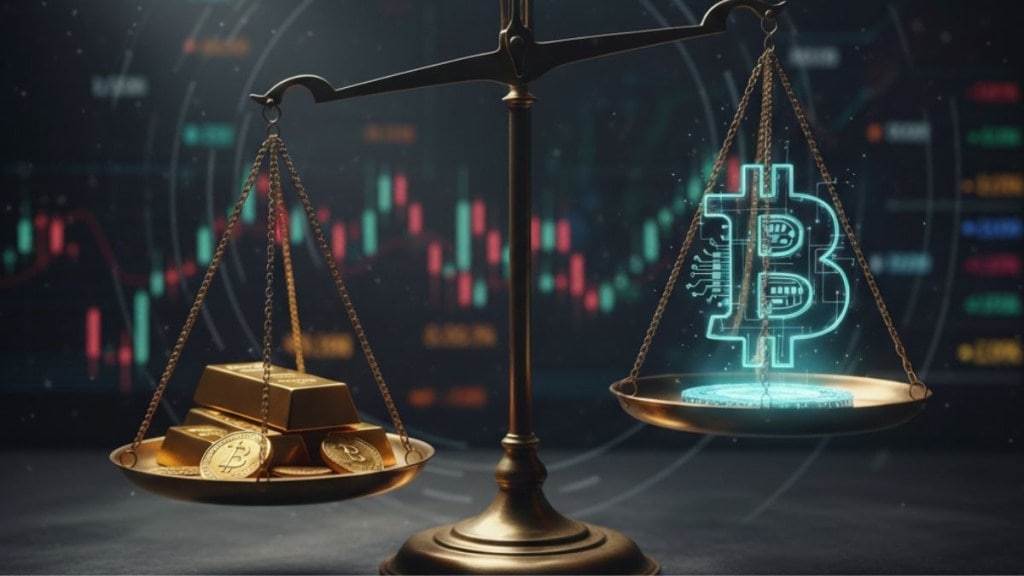When crypto currencies first emerged, advocates hailed them as an alternative to fiat currency. Fiat currency is what we all use today. It is issued and controlled by governments, along with their central banks. Crucially, fiat currency is not backed by gold or other commodity. It can be created and issued at will. It can be destroyed at will too, as happened during the 2016 demonetisation of five hundred and one thousand rupee banknotes.
Most investors are concerned about too much currency being issued. There is always the temptation for governments to print money to pay their bills. This erodes a currency’s value over time. Historically, investors worried about devaluation bought gold. Gold, the ultimate hedge against inflation and uncertainty, is having a record year. Despite its recent correction, it is up 44% this year.
Crypto currencies like bitcoin share much in common with gold. Their supply is not controlled by any government. In fact, its supply is capped by its own design. In theory, it should also be a good hedge against inflation and uncertainty. But its performance this year looks nothing like gold. Bitcoin is up 13% this year, which is good, but nothing to write home about.
Gold vs Crypto during market turmoil
When we look at how gold and bitcoin respond during periods of market stress, the differences are starker. From the beginning of March until mid-April, global markets were down due to large tariffs on exports to the US announced by President Trump. (Many of these have since been watered down). During this period of market turmoil, gold was up 15%. Bitcoin was down 1%.
In that scenario, gold was doing its job of providing positive returns during periods of uncertainty. Bitcoin was not. And this is where crypto has fallen short. There’s no evidence that it is a good hedge during periods of market turmoil. Now, this is not set in stone. But there are two fundamental reasons why gold is a haven and bitcoin is not.
Why Bitcoin is not a haven asset
The first is that gold is a physical asset. Bitcoin is a digital asset. A physical asset has value no matter what happens. A digital asset needs infrastructure to function. How can you be sure that your broker will redeem your crypto in the event of a crisis? The fact is that accessing bitcoins during a major economic or financial crisis is not guaranteed. This makes it less valuable as a haven asset.
The second is that the supply of crypto currencies is not fixed. Yes, bitcoin supply is capped. But there are other crypto currencies out there. And new ones can easily be issued. Right now, bitcoin has a high value because it is the most used one. But what happens if another better crypto currency comes along? Will investors dump their bitcoin and buy the new one?
To be clear, none of this means bitcoin won’t be a good investment. It has historically had solid returns. But bitcoin is not a good haven asset. It is unlikely to ever be as a good as gold, when it comes to hedging inflation and uncertainty.
Disclaimer:
Note: The purpose of this article is to share interesting charts, data points and thought-provoking opinions. It is NOT a recommendation. If you wish to consider an investment, you are strongly encouraged to consult your advisor. This article is for strictly educative purposes only.
Asad Dossani is an assistant professor of finance at Colorado State University. His research covers derivatives, forecasting, monetary policy, currencies, and commodities. He has a PhD in Economics. He has previously worked as a research analyst at Equitymaster, and as a financial analyst at Deutsche Bank.

